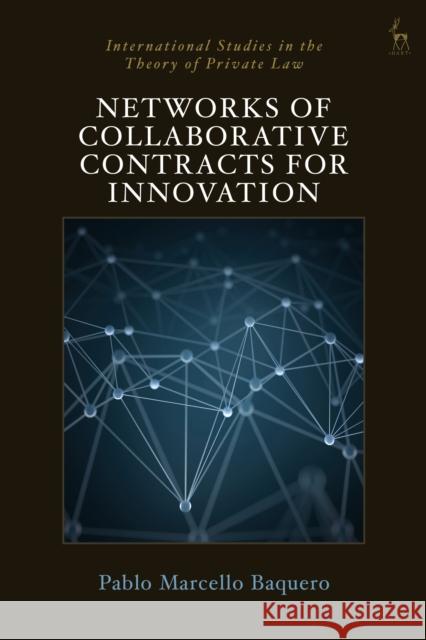Networks of Collaborative Contracts for Innovation » książka
topmenu
Networks of Collaborative Contracts for Innovation
ISBN-13: 9781509929962 / Angielski / Twarda / 2020 / 240 str.
Networks of Collaborative Contracts for Innovation
ISBN-13: 9781509929962 / Angielski / Twarda / 2020 / 240 str.
cena 535,46
(netto: 509,96 VAT: 5%)
Najniższa cena z 30 dni: 495,76
(netto: 509,96 VAT: 5%)
Najniższa cena z 30 dni: 495,76
Termin realizacji zamówienia:
ok. 22 dni roboczych.
ok. 22 dni roboczych.
Darmowa dostawa!
Kategorie:
Kategorie BISAC:
Wydawca:
Hart Publishing
Seria wydawnicza:
Język:
Angielski
ISBN-13:
9781509929962
Rok wydania:
2020
Numer serii:
000297487
Ilość stron:
240
Waga:
0.56 kg
Wymiary:
23.39 x 15.6 x 1.75
Oprawa:
Twarda
Wolumenów:
01
Dodatkowe informacje:
Bibliografia
Obwoluta
Obwoluta











